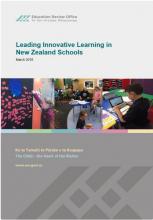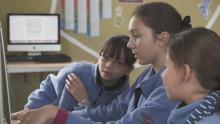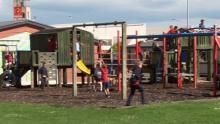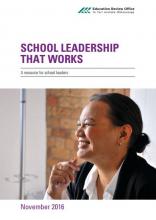Leading Innovative Learning in New Zealand Schools
The Education Review Office (ERO) visited 12 schools to see how they were preparing their students as 21st century learners. Leaders were innovative, rethinking and transforming teaching and learning to equip students with the knowledge, skills and qualifications required for their future. In doing so, they also maximised learning opportunities offered by digital technology and flexible learning spaces.















